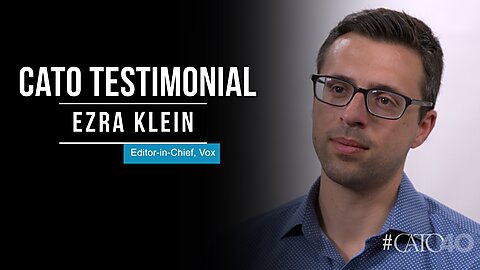David Inserra
This past weekend (Aug. 17–18), X announced it would close its local offices in Brazil in response to the judiciary’s continued censorial demands. This unprecedented action puts X at direct odds with Justice Alexandre de Moraes of the Brazilian Supreme Federal Court and Superior Electoral Court, who demanded that X comply with his secret censorship orders or else he would jail X’s local staff.
This incident shows how increasing regulation and censorship abroad are negatively affecting Americans and US businesses.
The last time tensions flared between Moraes and X was in April when journalists revealed the vast judicial efforts to investigate, censor, and prosecute social media users for statements critical of the Brazilian government. Citing the need to defend democracy and stop misinformation, these orders were often secret and included high-profile speakers, such as sitting members of Brazil’s National Congress. Other reporting from across the political spectrum questioned Moraes’ arresting of individuals for the wrong political opinions, sometimes without trials. X argued that these orders were illegal under Brazil’s constitution and its Marco Civil da Internet, a law similar to the US’ Section 230 of the Communications Act, which provides platforms with civil liability protection from user-generated content.
At the time, Elon Musk had threatened to refuse to follow such orders but later acquiesced, seemingly recognizing that it would put X employees in danger. This is a position that some other tech companies find themselves in as well and most appear to be complying with such government orders.
But now X is prepared to stand its ground. Over the past few days, Moraes issued yet more secret orders—this time to censor popular accounts including another current member of Congress, and to turn over user data on not only Brazilians but also residents of Argentina and the United States. X refused to comply.
Given that such refusal has already put X at significant risk of growing fines and imprisonment of their personnel, it is possible that the decision to close the local office will lead to even more drastic government threats and penalties. Beyond censoring and jailing political dissidents, Moraes has previously suspended the encrypted communications app, Telegram, for its refusal to take down and turn over information on accounts belonging to Bolsonaro activists. Rumble stopped providing its services to Brazil at the end of 2023 in response to similar judicial orders, largely from Moraes. Trying to shut down X might not be much of a stretch for Moraes.
While only time will tell what comes next, the Brazilian government and judiciary’s increasingly common use of censorship to “protect democracy” is itself a threat to democracy. And its continued overreach may eventually push even more tech companies to decide that they, too, need to protect themselves from the Brazilian authorities.
Unfortunately, Brazil isn’t alone. Other democratic nations, including Canada, Australia, and especially the EU, are considering or have already passed internet speech regulations that are being used to threaten social media companies to comply with various censorial threats. Known as the “Brussels effect” because of the EU’s vast regulatory pressures on tech companies, such regulations not only suppress domestic speech in these countries but are increasingly impacting the speech and success of Americans and US companies.
Americans should be thankful that our First Amendment protects us from such blatant censorship, but we must not be complacent. We must affirm the importance of free expression, reject giving governments around the world the power to censor non-violent speech, and encourage our government to be more vocal in its defense of Americans and American companies facing censorial and abusive regulation abroad.
























